Tips to Live Sustainably on a Budget
Learn how to live more sustainably on a budget.

- 1. Buy Second-Hand Clothes
- 2. Sell Your Unwanted Clothes
- 3. Upcycle Your Old Clothes
- 4. Use a Reusable Water Bottle
- 5. Walk or Cycle
- 6. Invest in a Reusable Shopping Bag
- 7. Go Veggie
- 8. Ditch the Paper
- 9. Use Food Waste Apps
- 10. Switch to Electric Modes of Transport
- 11. Use Refurbished Tech
- Use discount codes to buy from sustainable brands

Are you wanting to discover a few new ways to live sustainably on a budget? We know that living sustainably can sometimes be associated with spending extra money, but with the cost of living crisis in full swing, we’d like to offer some low-cost, minimal effort and high-reward options to decrease the environmental effect your life has upon the planet.
Yes, living sustainably can sometimes be more expensive in the short term, but the quality and longevity it will bring to your life will make it seem worthwhile. Read on to discover a wealth of budget-friendly hints and tips that will help you to make sustainable choices in every aspect of your life, from upcycling old clothing to reducing food waste.
1. Buy Second-Hand Clothes

Say no to fast fashion by using second-hand apps such as Depop, Vinted, Vestiaire Collective, eBay and Preloved to buy new clothes. According to The True Cost the world uses an estimated 80 billion pieces of clothing annually, up 400% compared to 20 years ago. The processes used to manufacture textiles for fast fashion brands contribute more to climate change than the aviation and shipping industry combined according to the House of Commons Environmental Audit Committee 2019, suggesting that overconsumption in the fast fashion industry is one of the leading contributors to the climate emergency.
Here’s how you can make a difference. Instead of splurging on brand-new clothes every month, visit your local charity shops or browse second-hand sites such as Depop, eBay, Preloved, Vestiaire Collective and Vinted. You’ll be able to find stylish clothing for heavily discounted prices, as well as do your bit to look after the planet.
If you're interested in finding out which second-hand app is right for you, check out this article on how much money you can save buying second-hand clothes.
2. Sell Your Unwanted Clothes
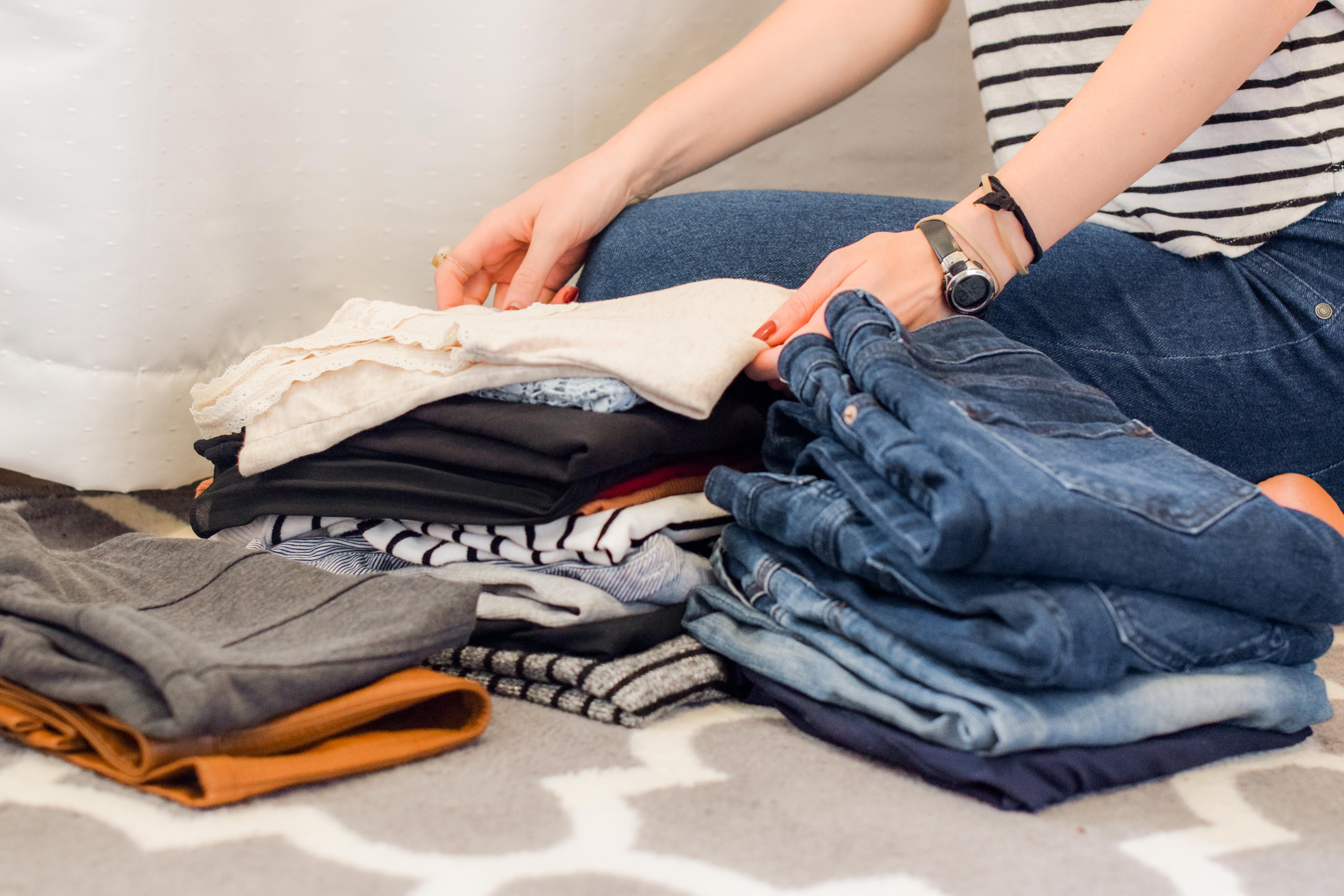
Similarly, don’t throw away your unwanted clothes that still have a bit of life left in them. Not only will you avoid adding to the culture of overconsumption that is encouraged by fast fashion brands across the world, but you’ll also make a pretty penny in the process. List your clothes on second-hand sites such as Depop, eBay and Vinted, and watch as sustainable living actually earns you some extra cash.
List your items for whatever price you’d like, as well as the delivery options that suit you best. You can choose to either drop your parcel off at your local post office or arrange to have a courier pick it up directly from your home. This means that you can easily sell clothes alongside your job, earning a few extra pennies whilst living sustainably on a budget.
3. Upcycle Your Old Clothes
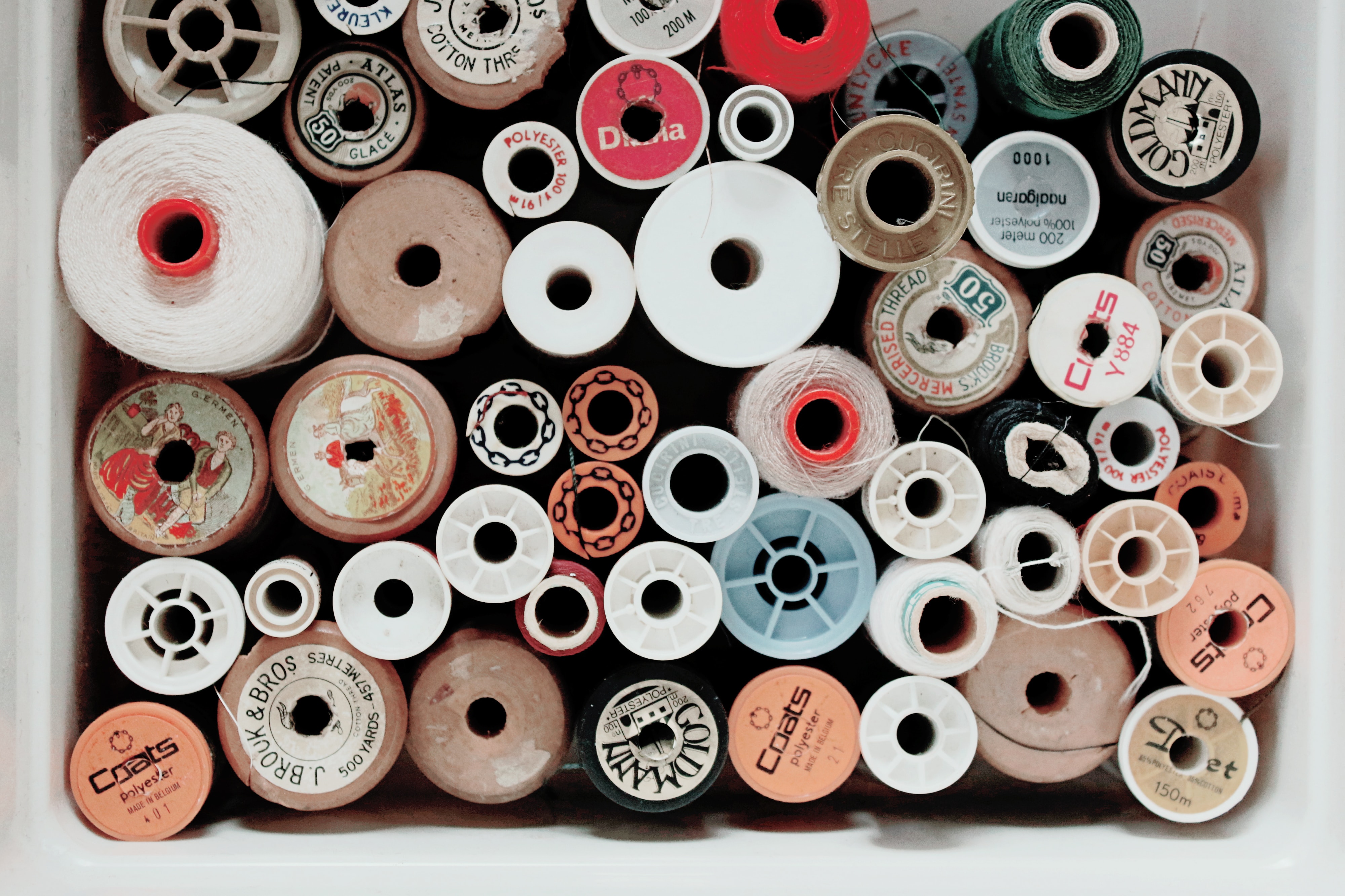
However, before you rush into listing your used clothes on second-hand sites, consider upcycling them. Upcycling clothes (and furniture) can really give them a new lease of life that will encourage you to hold onto them for a bit longer and avoid falling down the black hole of consumerism that is fast fashion. Whether you choose to dye, paint, embroider, stitch, cut or trim, upcycling your old clothes is an excellent way to live sustainably on a budget. For example, got an old dress that you don’t like the colour of?
Get your hands on some fabric dye and turn it pink, purple, green, blue or brown - it’s really up to you. Just make sure that you buy a dye that is washing machine safe, such as Dylon’s fabric dye for machine use, to ensure that the colour doesn’t leak when washed. Check out this article for an in-depth guide to budget friendly fashion.
4. Use a Reusable Water Bottle

Did you know that Earth Day reports that humans use approximately 1.2 million plastic bottles per minute? If this seems shocking to you, you’re not alone. Owning a reusable water bottle is a great way to easily reduce your effect on the environment, as well as save some extra pennies in the process.
Whether you choose to reuse a plastic bottle that you’ve bought or to buy one especially, this is an easy step you take to live sustainably on a budget. There are loads of eco-friendly water bottles on the market at the moment, from stainless steel hydro flasks to 100% recyclable sugarcane plastic.
5. Walk or Cycle

Not only are walking and cycling great for your fitness levels and a good way to save money, but they’re also the most environmentally sound transport options. Walking 10,000 steps a day will see you losing weight as well as doing your bit for the planet, whilst cycling is a faster option that is especially convenient if you live in a city that has bike lanes. Just make sure that you wear a helmet and bright, reflective clothing.
If you feel a bit too wobbly on a bike (or you don’t have the funds to buy one) get that feel-good playlist on and stick to walking. Furthermore, if you live in a big city like London, why don’t you consider cutting out a few stops on the tube by walking for a portion of the journey? Rush hour on the tube is horrible anyway, so start your day off right by ditching public transport for your walking boots.
And if you're on the hunt for some fun days out that don't cost an arm and a leg, check out this article on free days out in the UK.
6. Invest in a Reusable Shopping Bag

Did you know that Beyond Plastics reported that plastic bags are only used for an average of 12 minutes but can take up to 500 years to decompose? Plastic bags are often found in the stomachs of animals such as whales and sea turtles and are a major contributor to microplastic pollution when they do finally break down. Plastic bags are a big no-no if you’re trying to decrease your negative effect on the planet. Firstly, if you do buy one when you’re doing the weekly food shop, make sure that you keep it for further use.
Many houses have a designated drawer or cupboard full of plastic bags that can be reused at a later date - in other words, you mustn’t throw away plastic bags after just one use. Secondly, buy a reusable bag to both save money and reduce your plastic consumption. You can buy pretty cheap reusable tote bags from loads of different places - many supermarkets will sell reusable shopping bags at the till, meaning you can grab one when you go to pay.
7. Go Veggie
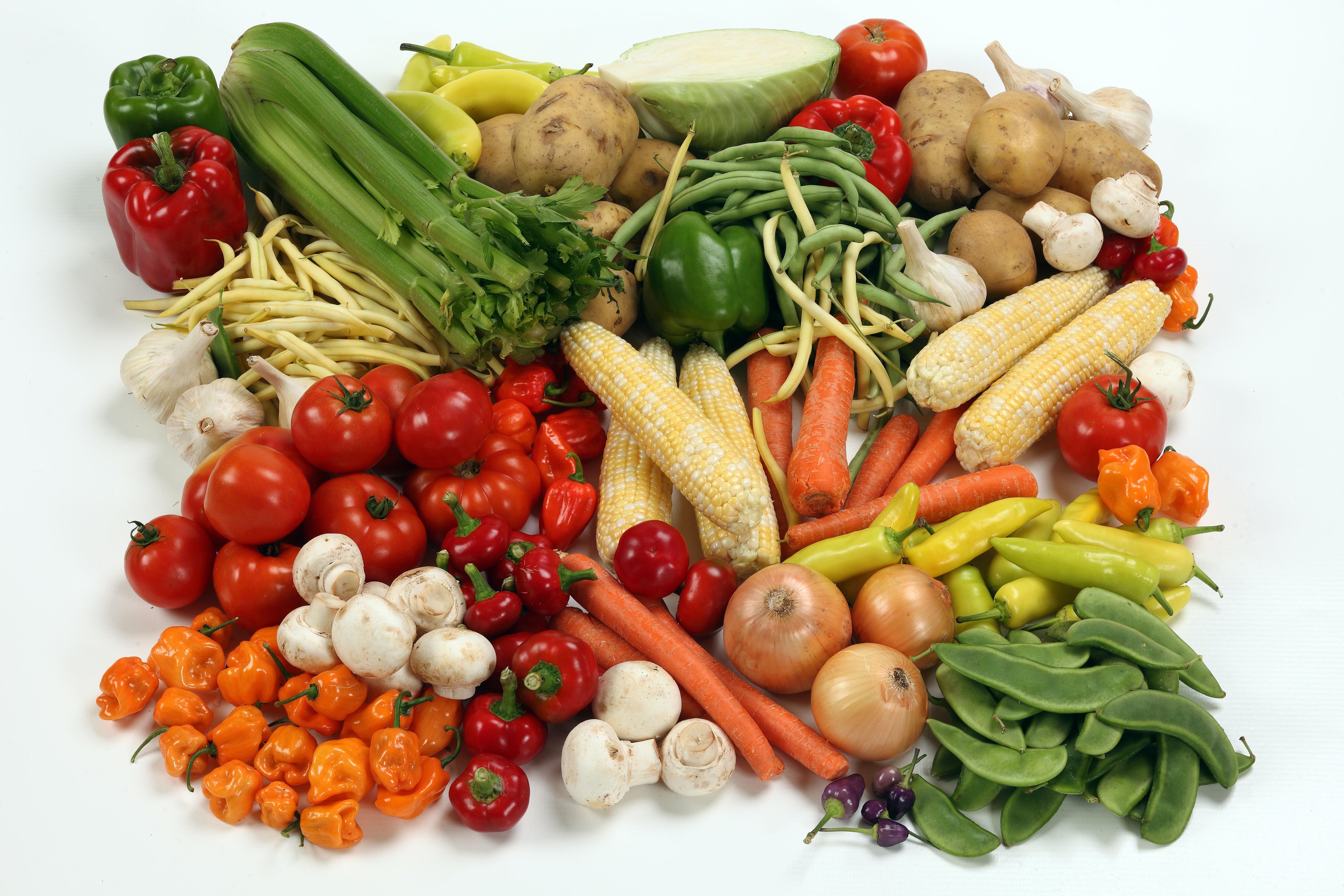
Going vegetarian - or even vegan - is a great way to reduce your carbon footprint by trying out some delicious vegetable-based recipes. However, if you can’t fathom the idea of shunning steaks for salads, consider going vegetarian for just one or two days of the week. This will significantly reduce your carbon footprint, as the methods involved in the process of producing meat account for nearly 60% of all greenhouse gases from food production, according to The Guardian.
Furthermore, sticking to a vegetarian diet will be pretty gentle on the wallet, as meat can be pretty expensive. Avoiding meat will free up a lot of your weekly food budget to be spent on healthy and sustainable products such as fruit, vegetables, tofu, pulses, meat alternatives and soya.
However, eating healthy doesn't always come cheap - check out this article to discover a few tips to save on healthy eating.
8. Ditch the Paper

Going paperless is a great way to live sustainably on a budget. This is probably one of the easiest ways to reduce your impact on the environment, as most companies and businesses have finally got the memo that using too much paper is costly, often disorganised and disastrous for the environment.
Programmes such as Google Docs and Microsoft Word make ditching the paper easy for everyone, as well as removing the need for messy filing cabinets and disorganised desks. Instead, you can easily sort your documents into clearly labelled files and folders which will mean you’ll never lose an important piece of work again. Also, most document programmes will automatically save your work as you go, meaning that you won’t need to be alarmed if your laptop decides to give up on you.
9. Use Food Waste Apps

A fairly new sustainability technique that will save you some time and money spent in the kitchen is to use food waste apps such as Too Good to Go. These apps allow you to save unused food from being wasted, as you can reserve food bags throughout the day before scheduling a specific time to pick it up. The bags tend to be around £5 - sometimes more, sometimes a bit less - but the value can often equate to around £20 worth of products, so it’s definitely worth it! Supermarkets, bakeries, cafes and restaurants are available to choose from on the app, but it just depends on where you’re based. Pret a Manger is well-known for including loads of delicious pastries, soups and baguettes in their Too Good to Go bags, and Morrison’s is a great bet if you’re searching for some groceries for a discounted price.
Either way, using food waste apps such as Too Good to Go is a great way to buy meals and groceries for less, whilst doing your bit to minimise unnecessary food waste. To find out more about the different types of food waste apps that are currently on the market, check out our article about the top apps to save you money and reduce food waste.
10. Switch to Electric Modes of Transport
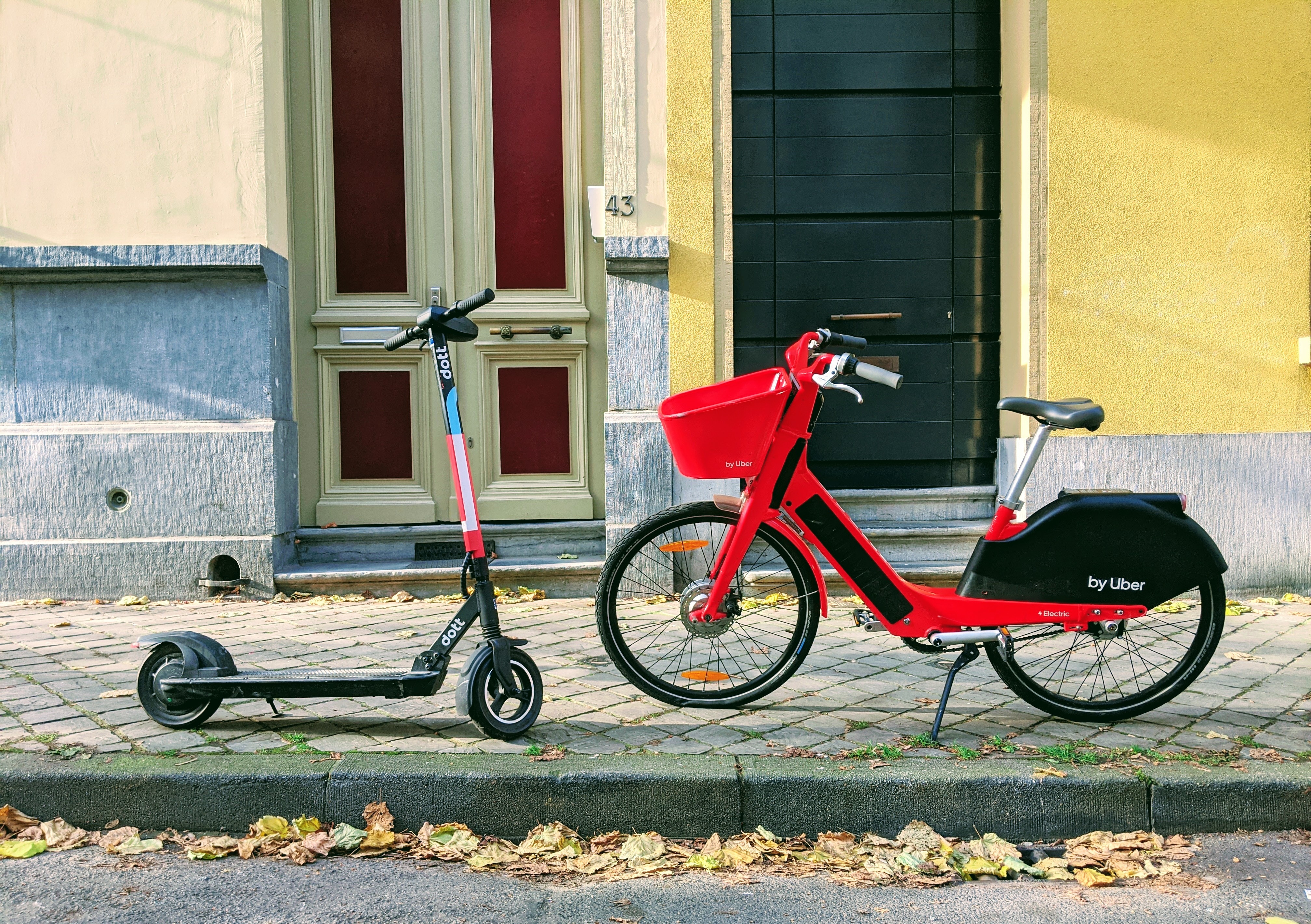
Looking for a means of transport that will save you money whilst being good for the environment? It’s simple - switch to electric! Using electric modes of transport such as E-bikes, E-scooters and electric cars are great ways to get to work speedily whilst minimising the effect that your commute has upon the environment. Also, if you don’t have the means to invest in a brand-new electric vehicle, you may be in luck - some cities will allow you to hire an electric scooter or bike at the touch of a button, meaning that you can pick hop on and hop off whenever you want. The cost tends to be fairly cheap, and once you factor in what you’re saving on fuel, you won’t want to look at your car again.
Furthermore, alongside the financial and environmental benefits of going electric, using an E-bike can really help to get your fitness levels up. Yes, you’ll be getting a little extra helping hand, but feeling the wind on your face is a great start to your morning. To find out if commuting by e-bike is cheaper than driving, check out this article
11. Use Refurbished Tech
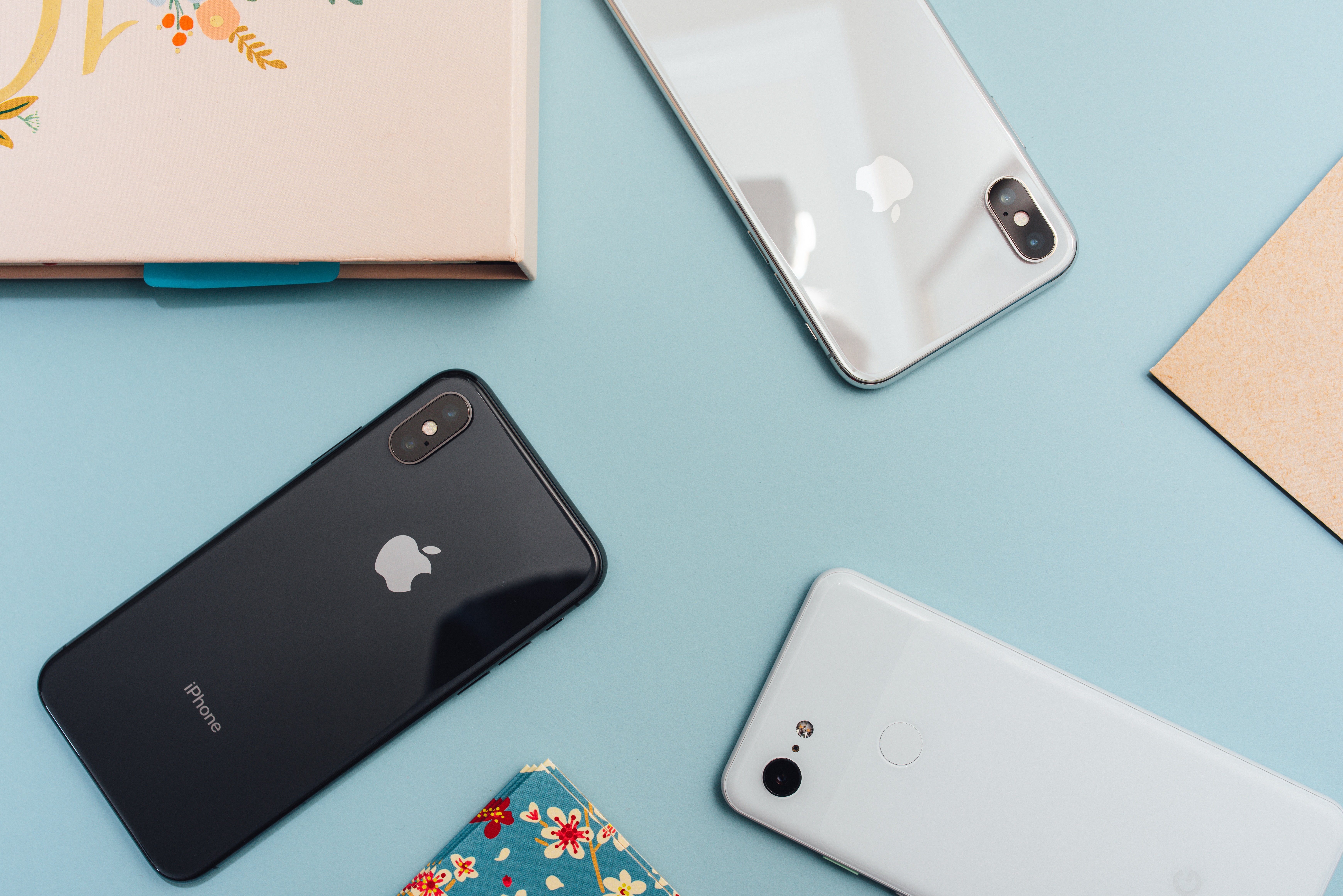
If new iPhones seem to be coming out faster than you can count, it might be time you got yourself some refurbished tech. This is a money-saving technique that is undoubtedly good for the environment, as the production of tech can directly affect pollution levels, resource levels and the consumption of non-renewable materials. So, buying a second-hand laptop or phone is a great way to go if you’re wanting to save some pennies whilst doing your bit for the environment. Popular and trusted refurbished tech websites include Music Magpie, CeX, Gazelle, eBay and Amazon. For a comprehensive guide to refurbished tech, check out this article.
Use discount codes to buy from sustainable brands

Another great way to live sustainably on a budget is by using discount codes. Using discount codes in sustainable stores will see you saving your hard-earned cash whilst doing your bit to minimize the negative effects of fast fashion. Stores such as Boden, nobody's child, Jigsaw and Mint Velvet take steps to reduce their negative impact on the planet by using eco-friendly materials when they can. However, there's no denying that shopping for sustainable fashion can come with a hefty price tag, which is why using one of our discount codes can help you to look after the planet without breaking the bank.
So, we hope that you’ve learned a few new ways to live sustainably on a budget, from ditching meat and plastic bags to dusting off your walking boots. No one is expected to follow every suggestion that we’ve listed above, but just making one or two changes can really help to make a difference in the effect you have on the planet.

Hi there! My name is Mazy and I’ve been a part of the vouchers world since November 2022. After studying English Literature with Creative Writing at university, I realised that I would love to incorporate writing into my career - so here I am!
You could say that I have a mild addiction to online shopping, specifically second-hand shopping; you probably won’t find me spending thousands on a brand-new outfit, but you will find me deep into a browse of my favourite second-hand clothing apps, including Depop, Vinted, eBay, Preloved and Vestiaire Collective.